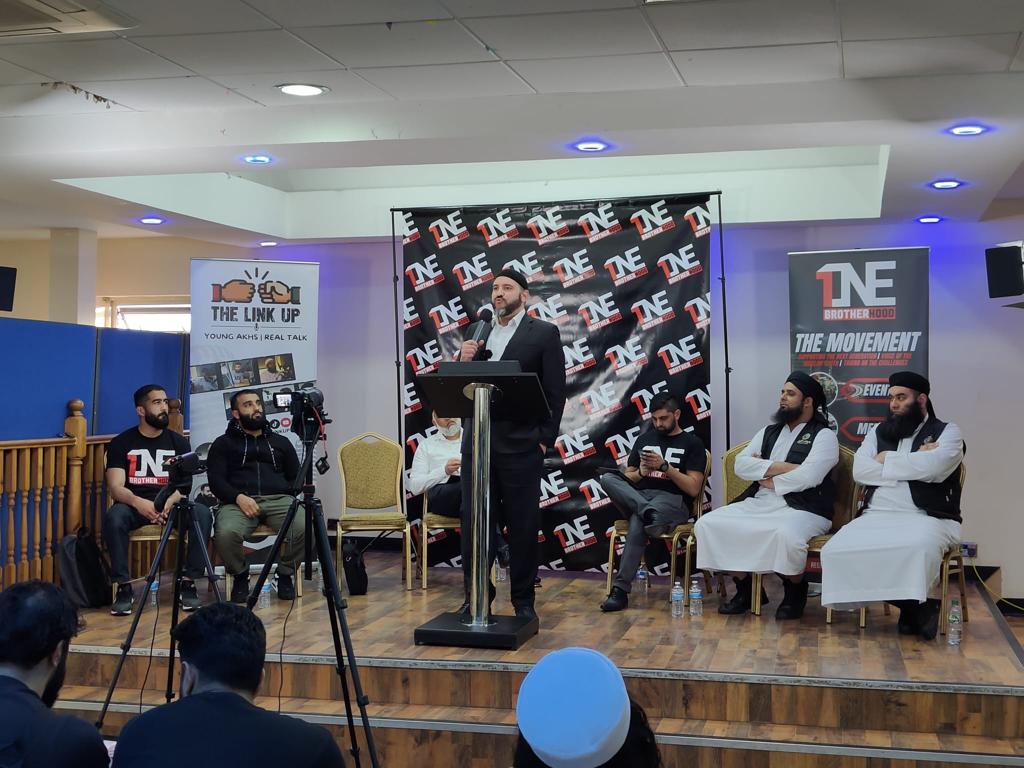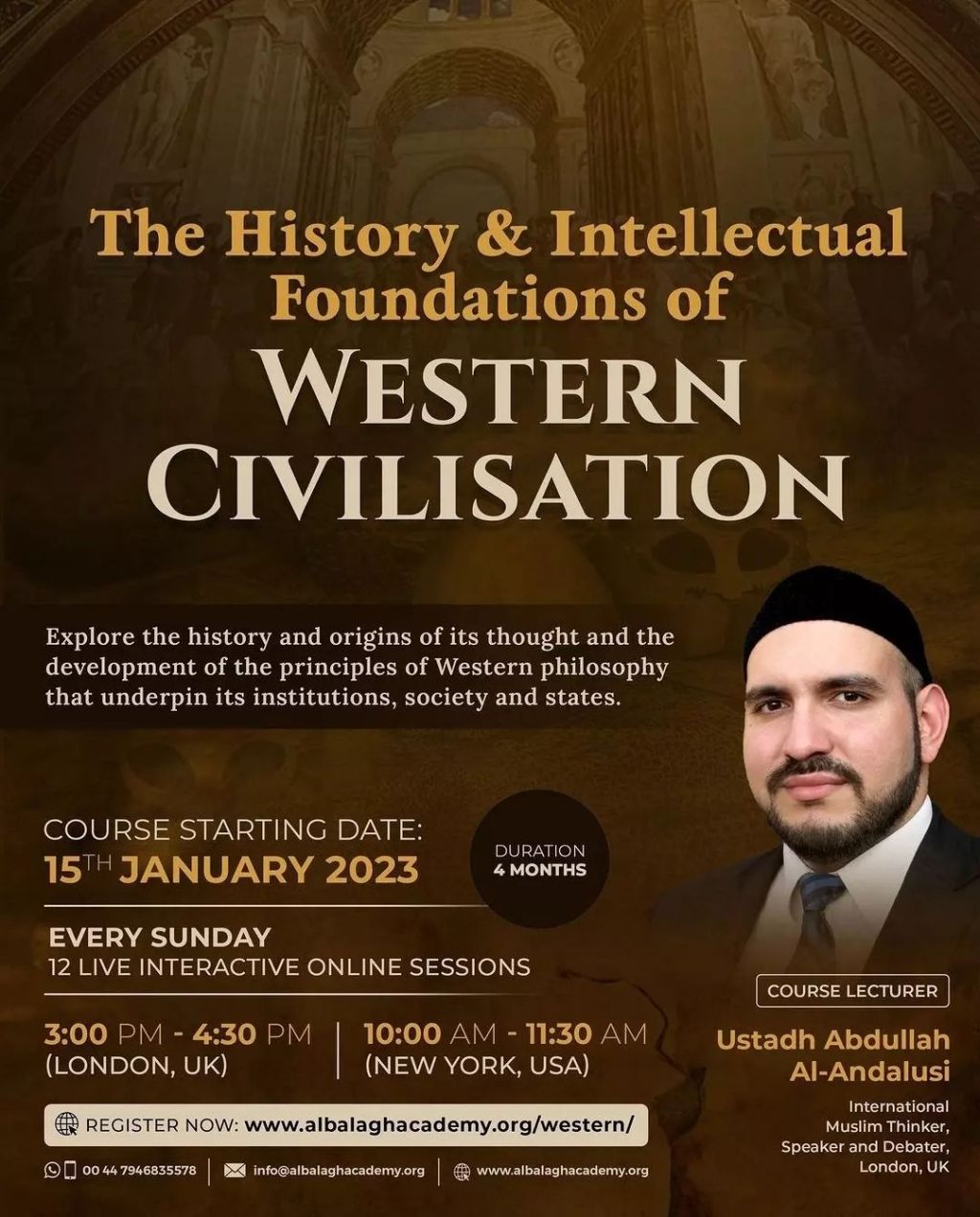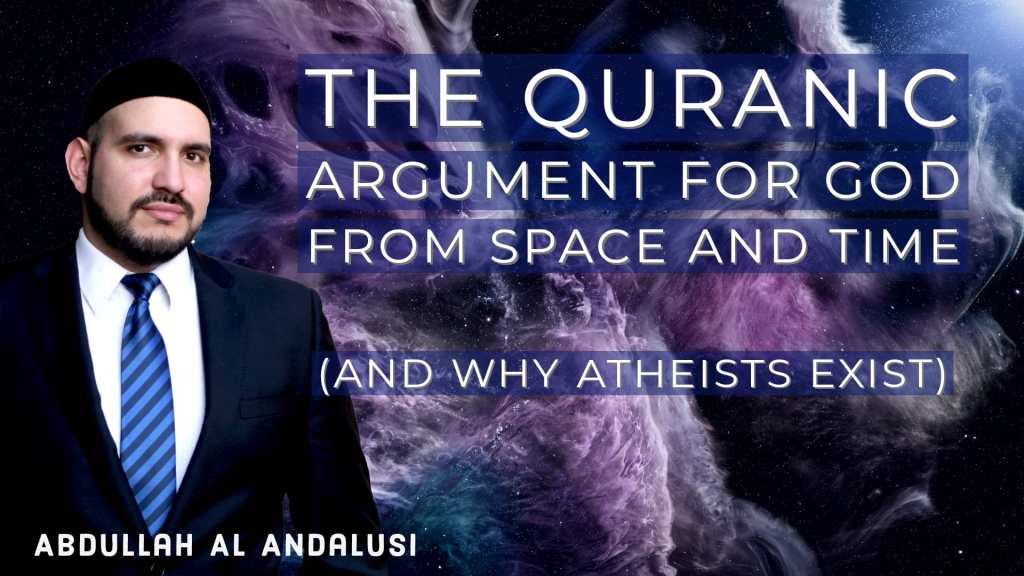I would like to present a video featuring a debate between me and Terry Sanderson, President of the oldest and largest Secularist campaigning organisation in the UK, the National Secular Society (NSS).
The topic was to what degree should religion (or Secularism) influence the State?
It was an exciting debate, which touched upon the issue of Gay Marriage, the failure of Secularism to bring peace and stability in MOST countries where it has been tried, the false claim of Secular State neutrality, and the oppression of religious conscience both in the West, and around the world – and the superiority of the Islamic alternative that respects true pluralism, and diversity of religious conscience.
Shockingly, please notice in the debate how I get the Secularist to admit that you cannot have people being free to live according to their conscience!!
The only point he could say to back up his statement was, ‘what if a racist acted on his conscience and refused to act as a civil servant and marry mixed race couples? It was clearly a weak argument, considering that in the Secular state, there is imposed uniformity. In Islamic history, Jewish rabbis were allowed to refuse marrying a jewish woman to a Christian man. The couple would just go to the Christian area, and easily found a priest to get it done, with no problems, and no social strife. But in Secularism everyone must conform. Now racism is an extreme example he used, but I could counter against Secularists (and did during the debate) the REAL LIFE example of the Christian Registrar who was fired for their job in the UK, for refusing to be FORCED to marry a same-gender couple.
Anyways, I leave the rest of the arguments for you to see in the video. Inshallah please share with as many people as you can, this video contains some good textbook refutations of Secularism, and should be useful for intellectual refutations of the common irrational Secularist arguments.







Leave a comment